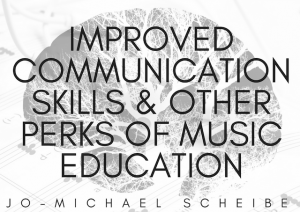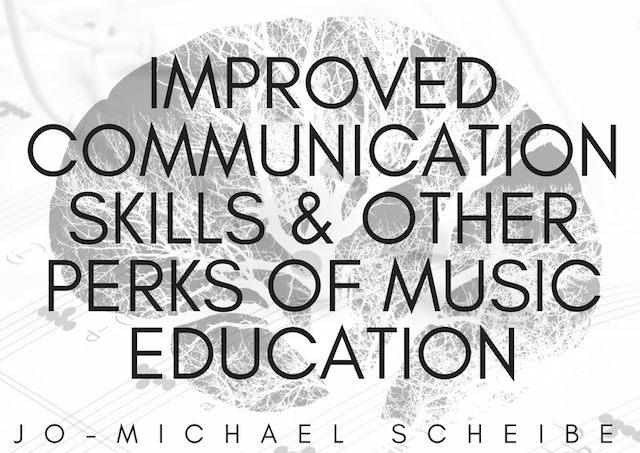 Every rhythmic sound can perform wonderfully in our lives. Whether we’re watching a film, attending a performance, or nodding to a charming rendition of a summertime favorite, music can transport, transform, uplift, and empower listeners.
Every rhythmic sound can perform wonderfully in our lives. Whether we’re watching a film, attending a performance, or nodding to a charming rendition of a summertime favorite, music can transport, transform, uplift, and empower listeners.
Since early human history, music has been a part of lives, our rituals, and our ceremonies, and while the music industry may favor a particular kind of music, but you may prefer another. You’re provided numerous health benefits when you enjoy music: raising states of consciousness, lowering stress levels, developing the brain, and accessing different states of minds. Music can be paired beautifully with medication are other relaxing activity, which can help to ease stress, promote rest, and soothe the pain.
Please read on to learn other benefits of listening to music:
Communication Skills Are Improved:
Communication (verbal and visual) skills are improved when children are introduced to music education at a young age. The research was published that indicated that young people between 4-to-6 years old who were given one month of music training, where they learn about basic musical concepts, voice, pitch, melody, and rhythm.
Their education led to a more pronounced understanding of words, and their meaning. Youth between the ages of 8 and 11-year-olds attending extracurricular music classes have a greater visual ability and verbal IQ than those without training. Interactive music lessons can heighten communication and sophisticated responses.
Aging Brains Maintain Health:
Listening to music, playing music, and receiving musical training as an older adult can help the brain as it ages. Depending on the level of engagement, music can be like exercise to an older mind, affecting memory and mental sharpness. Brain damages can be partially mended and memories partially accessed if the music is enjoyed.
Happiness Is Accessible:
The brain release dopamine when its stimulated by music. The pleasure that music provides is a chemical response that’s similar to a bit of chocolate, certain intimacies, and drugs. Excitement, joy, and happiness can help to waylay feelings of sadness.
In addition to the perks mentioned above of music listening, you’ll also be glad to know that listening to music including improved blood pressure and sleep quality, reduces pain, boosts immune systems, and reduce anxiety and depression.

